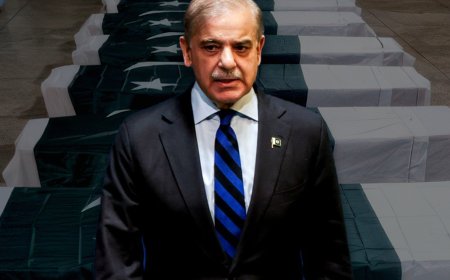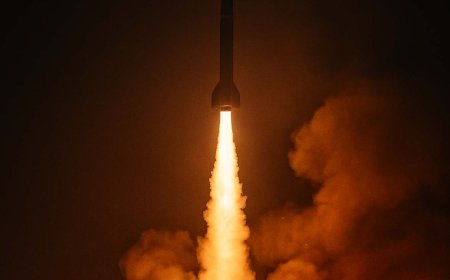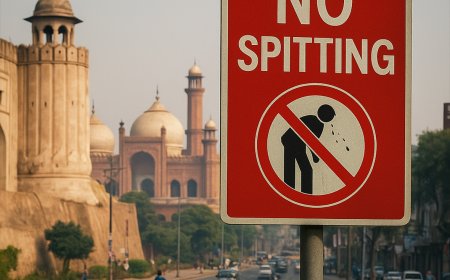Al Bashir, A Hope or Conspiracy
Syria, a country ravaged by over a decade of civil war, is now under the leadership of a new figure—Bashir. But the country’s pain is far from over.

Syria, a country ravaged by over a decade of civil war, is now under the leadership of a new figure—Bashir. But the country’s pain is far from over. Amidst the wreckage of a once-thriving nation, Bashir is tasked with managing what remains. His rise to power is not one of Crown, but of survival.
Al Bashir, born in 1983 in the Idlib region of northwestern Syria, has experienced a life shaped by both education and conflict. After graduating in 2007 with a degree in electrical engineering from the University of Aleppo, he began his career at the Syrian Gas Company. However, when the civil war broke out in 2011, his path took a dramatic turn.Amid the devastation, Mr. Bashir assumed the role of director at an institution dedicated to educating children affected by the war. His commitment to education and service led him to further his studies, earning a second degree in Sharia and Law from Idlib University in 2021.
In early 2024, Mohammed Bashir was appointed head of the Salvation Government, which operates in regions controlled by rebel forces. His appointment came after the General Shura Council, a group of civil and community representatives, selected him for the role. Under his leadership, the Salvation Government aims to restore stability to war-torn areas, with a focus on rebuilding cities, improving infrastructure, and providing essential services.
Following the capture of Hama by rebel forces, Mr. Bashir addressed the people of the city, promising to restore it to its former glory by rebuilding the economy, providing security, and promoting justice. He emphasized the importance of involving the city’s people—engineers, doctors, academics, and more—in this restoration effort.
In a pivotal moment, after rebel forces moved into Damascus and President Assad fled to Russia, Mr. Bashir was appointed prime minister of Syria, leading a transitional government. Now, in charge of an entire nation ravaged by over a decade of war, he faces immense challenges in governing.
Bashir has expressed his commitment to bringing back the millions of Syrian refugees who have fled the country, restoring security, and rebuilding the nation’s infrastructure. However, the task is daunting. The country remains financially strained, with the national currency nearly worthless, and foreign currency reserves are almost non-existent.
Bashir’s rise to power was not a triumph—it was a necessity. A man with no real choice but to lead a fractured country. And as Syria continues its struggle to rebuild, the question remains: Can Syria ever truly recover? And, perhaps more poignantly, can Bashir’s government provide the stability that the Syrian people so desperately need?
What's Your Reaction?









































































































